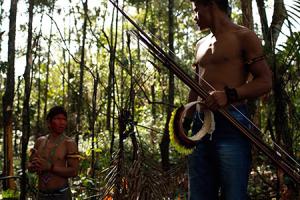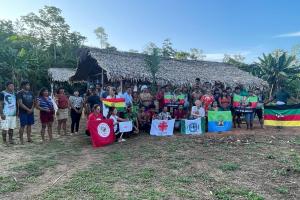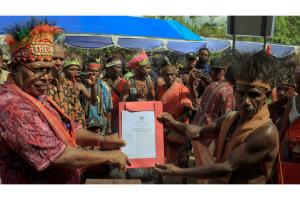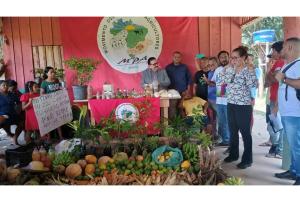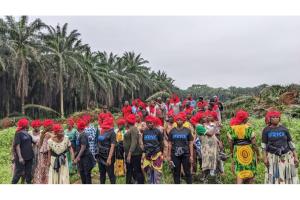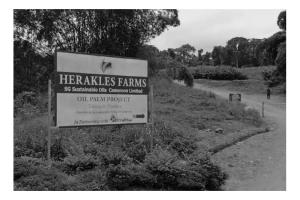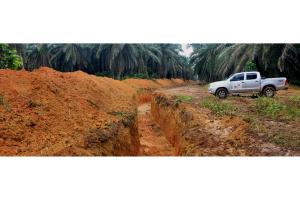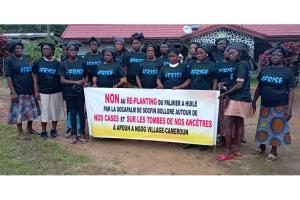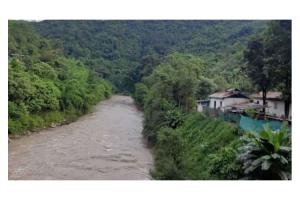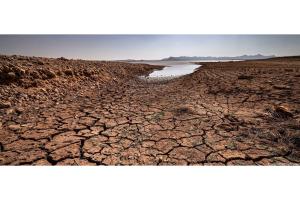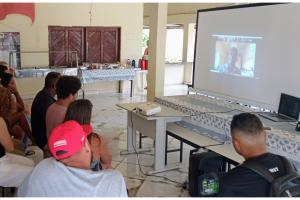Struggles Against Tree Monocultures
Corporate profit drives land grabs to install industrial tree monocultures. Where industrial plantations take root, communities' territories and lives are violently invaded, their forests destroyed and their water polluted. When communities resist, companies tend to respond with aggression. Despite this extreme violence, communities around the world are resisting, organizing and joining forces to defend their territories. Every September 21 the International Day of Struggle against Monoculture Tree Plantations is celebrated.
Bulletin articles
4 January 2022
We invite you to reflect with an activist who explores resistance processes and the challenges they face, based on her experience with struggles in Brazil. In this reflection, we also invite you to join the collective resistance from your own contexts and spaces of organization. The fight continues and the fight is one!
Bulletin articles
22 August 2024
This bulletin highlight several cases where the expansion of carbon projects has become an integral part of the extractivist model. Since this model has been destroying territories and people’s livelihoods for a long time, we share articles on both old and new forms of extractivism, and how communities continue to carry on struggles to resist them.
Bulletin articles
22 August 2024
Just like the Dutch colonizers in the past did, the Indonesian government, companies and investors consider the land of Papua to be a vast empty territory, a new frontier for extraction and profiteering However, the land of Papua is not empty, but rather home to hundreds of Indigenous Peoples—including the women and men of Kampung Bariat village, who are struggling to ensure control over their ancestral territory and keep it free of oil palm plantations.
Bulletin articles
22 August 2024
Peasant families are threatened with eviction by Brasil Bio Fuels (BBF) oil palm plantation company, with the complicity of the state government. This article shows that the much spoken of ‘bioeconomy’ is not ‘sustainable’ and even less ‘clean’. What it does is destroy communities’ territories, just like fossil fuel-based extractive industries have been doing for a long time.
Bulletin articles
22 August 2024
The company is in the process of renewing part of its oil palm plantations in Edéa. At the end of last year, communities started to mobilize against this process. The community resistance has led the sub-prefect to request Socapalm to stop its activities. This is a first victory of the community but the struggle will continue until SOCAPALM returns the lands to the communities!
Bulletin articles
22 August 2024
The Argentine province of Corrientes has the largest area of tree plantations in the country. 80% of the timber from these plantations goes to sawmills, where mountains of sawdust are regularly burned, causing serious health problems for neighboring communities. The local organization, Guardians of Y'vera, conducted a community health survey to highlight the problem, demand the relocation of these mills, and denounce the impacts of the forestry model.
Bulletin articles
22 August 2024
Bulletin articles
26 February 2024
In the Acará Valley, Pará state, the Tembé and Turiwara indigenous peoples, and quilombola and peasant communities are fighting to take back part of the living spaces they traditionally occupied. It is not just a struggle for territory, but one to reverse a history of oppression and injustice. Today, they are denouncing structural violence and state omission.
Bulletin articles
19 December 2023
The Afrise women's association launched an international petition to stop the replanting of oil palm monocultures around their homes and over the grave sites of their ancestors. They are denouncing decades of sexual abuse, land dispossession and misery. They are demanding that their territory be returned to them, so that they can lead a life of dignity.
Bulletin articles
25 October 2023
Land related struggles in India’s Northeast states might worsen with the push to expand oil palm plantations on small-farmers and Indigenous land, threatening their food sovereignty and the ancestral practice of Jhum (shifting cultivation). On top of this, a new Forest Amendment Law will facilitate this expansion, jeopardizing further the region’s forests and Indigenous Peoples.
Bulletin articles
25 October 2023
More than seven percent of Uruguay's territory is covered with monoculture tree plantations. A handful of companies have been behind this massive expansion—which has occurred mostly over watersheds and prairies—,with devastating consequences. This year, almost half of the urban population had no access to drinking water—an imminent warning of the drastic change that is needed for Uruguay to maintain its water.
Bulletin articles
25 October 2023
Exchanges between activists put the voices of those who fight to defend their territories at the center of the conversation. In September, members of communities from Brazil and Mozambique united their struggles and connected their histories once again, helping to strengthen solidarity in the fight against industrial tree plantations.
